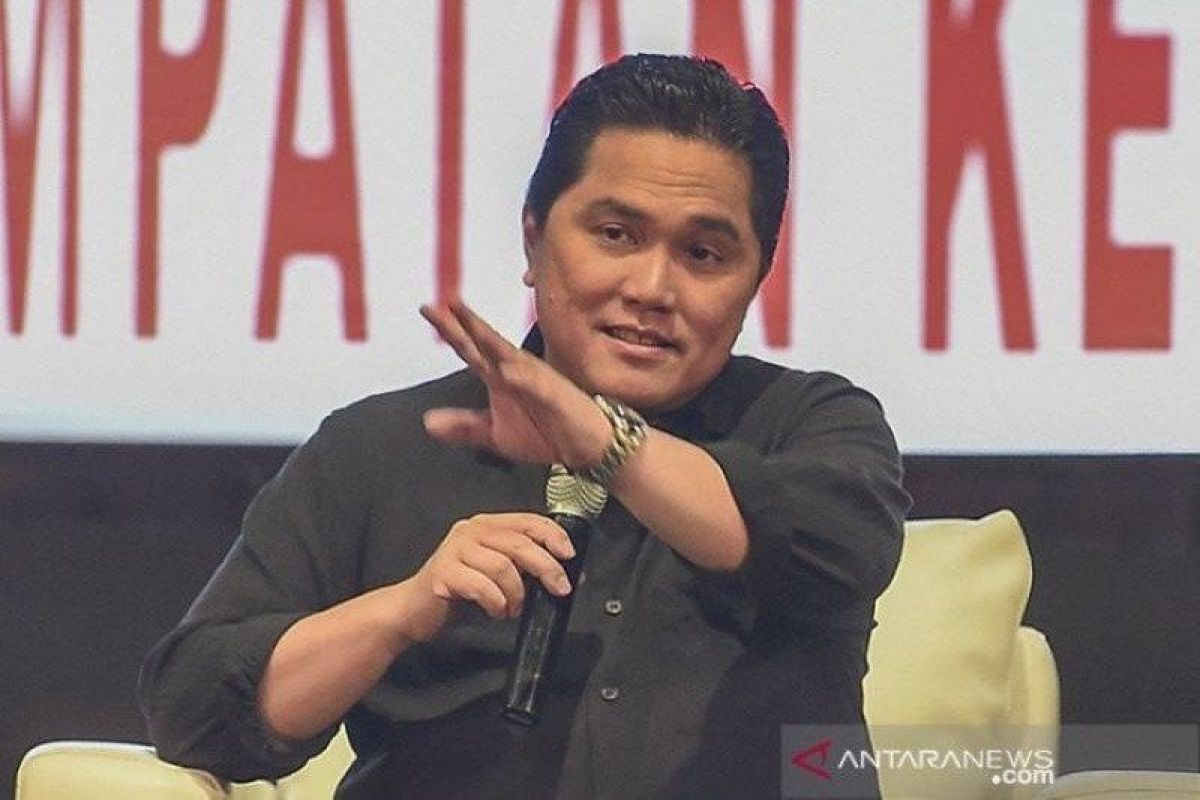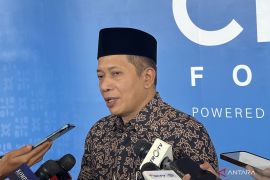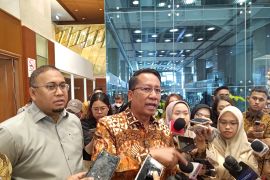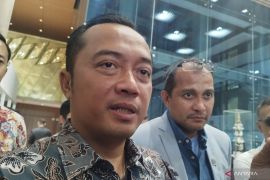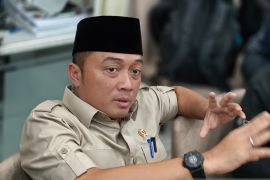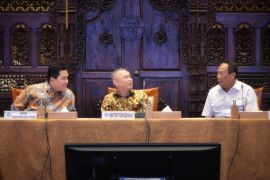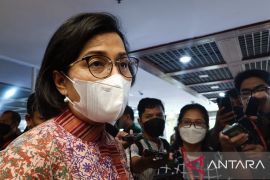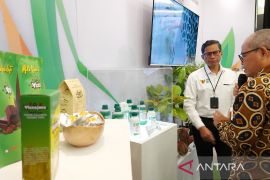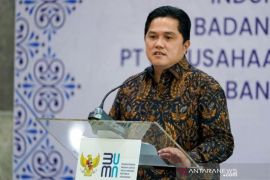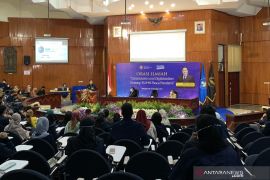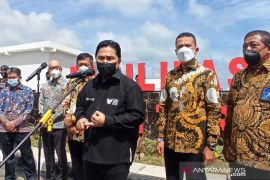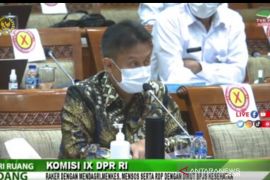We have to talk about safetyJakarta (ANTARA) - State-Owned Enterprises (SOEs) Minister Erick Thohir instructed state-owned pharmaceutical firms and hospitals under the ministry to re-check medicine provisions following the emergence of atypical acute kidney injury (AKI) in children.
Thohir emphasized that the community's safety should become the main priority in the health services provided by SOEs.
"Since the start, I have urged Kimia Farma to check medicines, not only cough medicines but also other medicines that must be safe and appropriate," Thohir noted in his statement here on Friday.
He remarked that SOEs should be able to proffer a sense of safety and comfort for the community in accessing health services.
"We have to talk about safety. That is why I ask Kimia Farma to really take care not to let people, who are struggling today, to get burdened with issues related to medicines that even claim the lives of Indonesian children," the minister remarked.
According to Thohir, maximum prevention efforts are a form of concern against AKI that has caused child deaths in the country.
To this end, he called on Kimia Farma, Indofarma, hospitals under the ministry, and Kimia Farma's pharmacies to sort medicines that had been declared unsafe.
"We need to prepare this thoroughly," he stressed.
Earlier, according to the Health Ministry's press statement here, Thursday, Health Minister Budi Gunadi Sadikin confirmed that three dangerous chemical substances were found in syrup medicine products suspected to cause AKI among children.
He remarked that the three substances were ethylene glycol (EG), diethylene glycol (DEG), and ethylene glycol butyl ether (EGBE), which ideally should not exist in syrup medicines.
Those chemical substances could be found in the syrup if polyethylene glycol, with strict tolerance limits, is used to increase the solubility of syrup medicines.
According to Indonesia Pharmacopoeia, EG and DEG were not used in the medicine formulation. However, their existence, as a contaminant in syrup medicine, is tolerated for 0.1 percent for glycerine and propylene glycol and 0.25 percent for polyethylene glycol.
Related news: Acute kidney injury in Indonesia can be cured: Health Minister
Related news: Jakarta Health Office combs hospitals for acute kidney failure data
Related news: Government's firm stance crucial in acute kidney failure in children
Translator: Aji Cakti, Raka Adji
Editor: Sri Haryati
Copyright © ANTARA 2022
